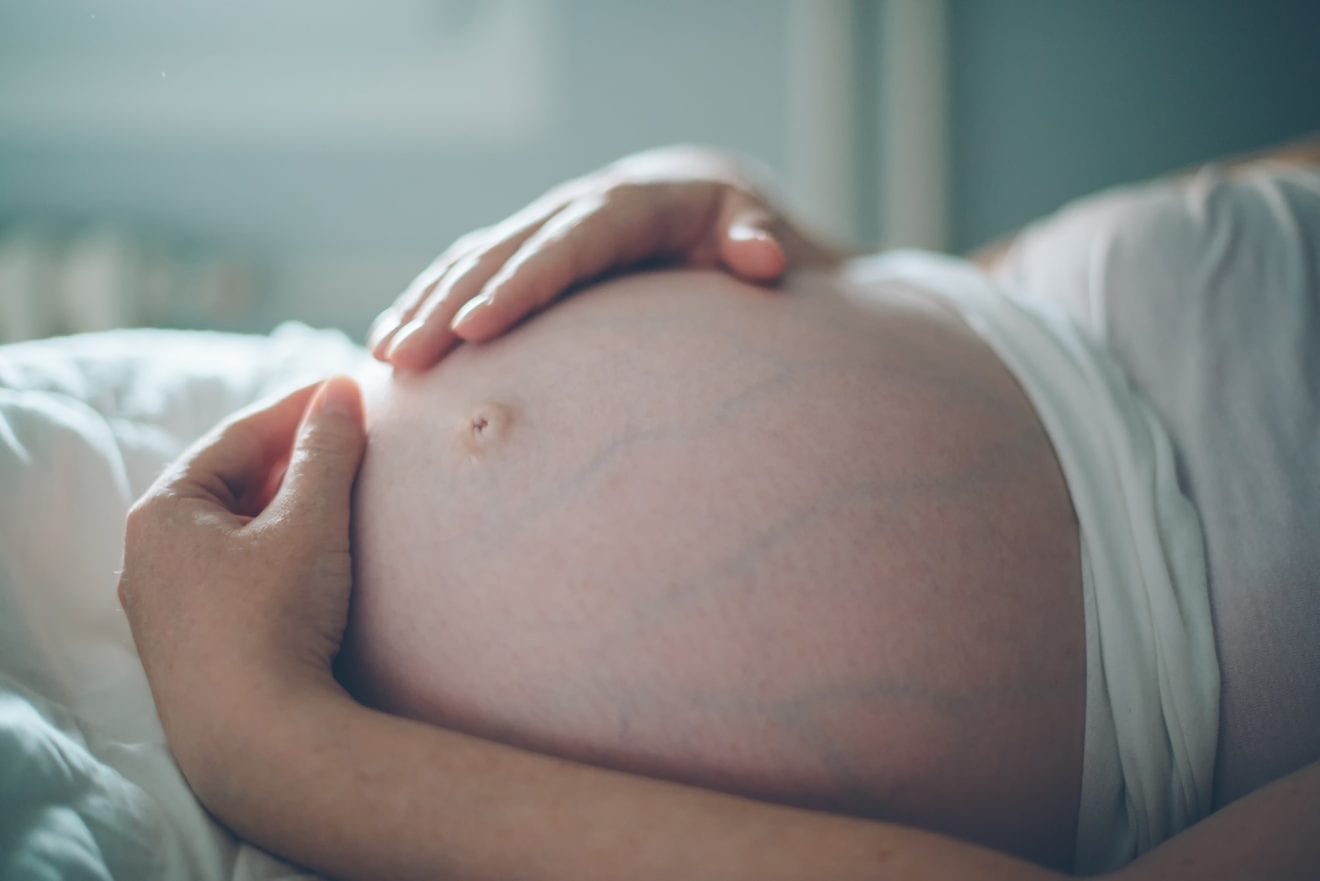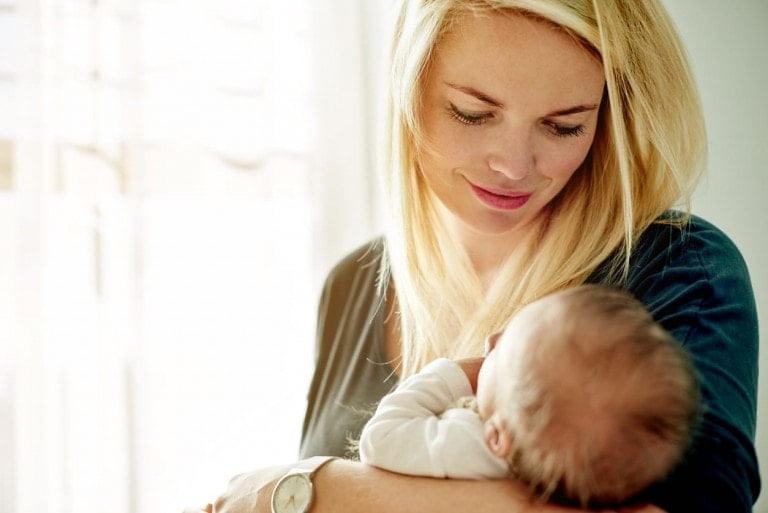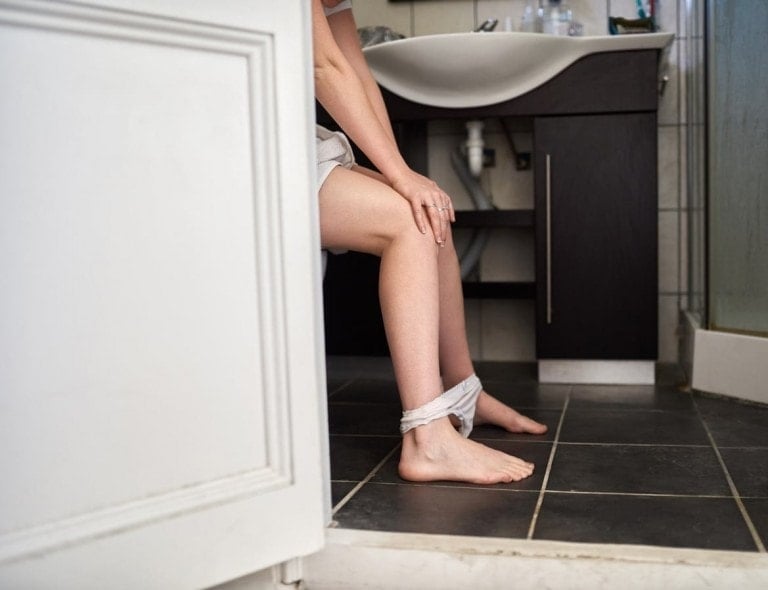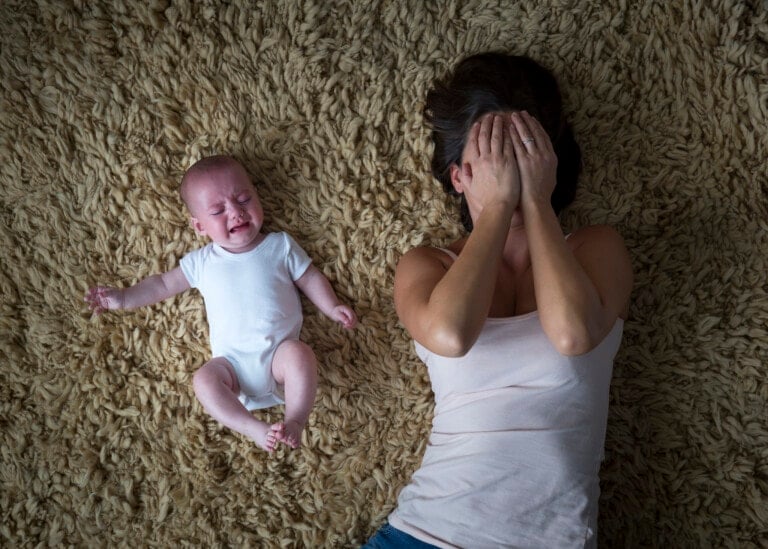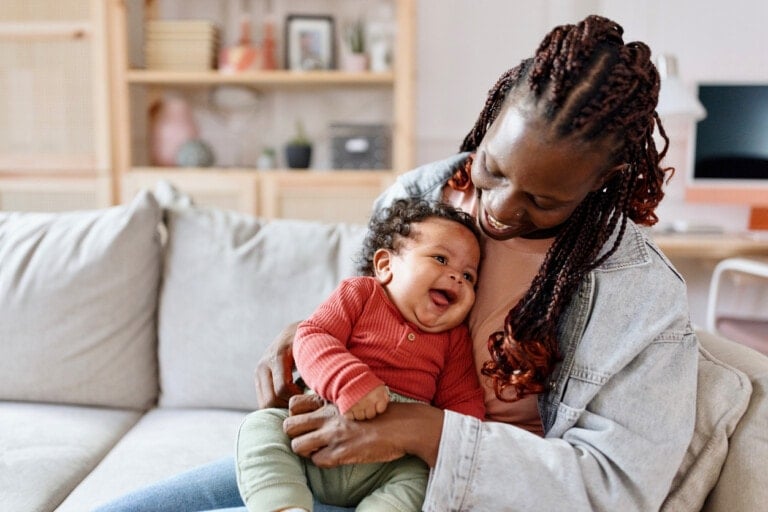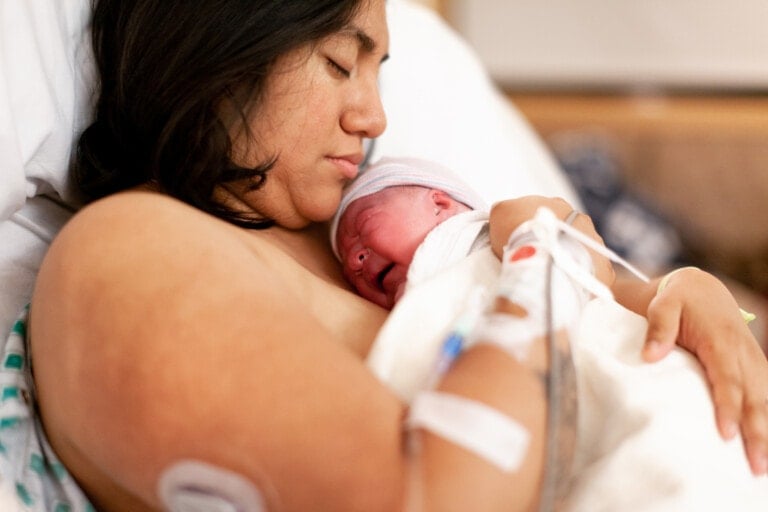Pregnancy and childbirth are celebrated as beautiful, life-changing, and ultimately positive experiences. And while they often are, postpartum changes can be challenging for new mothers. With a new baby, fluctuating hormones, sleep-deprivation, and a changing body, it’s easy to understand why post-pregnancy can be a difficult time for some women. While it is impossible to predict everything that will occur during pregnancy and in the months following birth, there are changes that individuals can anticipate. These changes may include heightened emotions, body-related concerns, and mental health issues. By keeping in mind that pregnancy comes with certain changes, moms-to-be and moms can create a plan to ensure postpartum body acceptance, wellbeing, and peace with their changing selves.
For individuals who are struggling with a history of eating disorders, pregnancy can be particularly challenging. With a slew of physical changes occurring during and after pregnancy, new moms can find themselves struggling to accept and appreciate their bodies.
Working Towards Postpartum Body Acceptance
It’s important to understand that the physical changes caused by pregnancy are vital to both the health and wellbeing of the mother and child. A mother’s changing body is necessary to keep both her and her growing child safe. This “pregnancy weight” and alteration in physical shape allows for proper circulation, which allows the baby to develop and thrive.
Naturally, after giving birth, a mother’s body will continue to change so it can continue to provide healing and nourishment for the mother and baby. Childbirth takes a toll on the physical body and it can take time to heal. This might mean physical changes continue to occur for months after birth. New moms may experience a shift in size, shape, or weight—all of which is completely normal and healthy. It takes time for the body to adapt and return to a new state of stability.
These physical changes can cause anxiety, stress, shame, or sadness—especially for those with a history of disordered eating or poor body image. To combat the potential negative feelings associated with postpartum body acceptance, it’s helpful to have a support plan in place.
Some ways you can support yourself postpartum:
1. Have a support network around you.
By having loved ones around supporting you, coping with post-pregnancy changes can become a bit easier. Whether your support system is your partner, friends, or family, make sure you know who you can rely on when intrusive thoughts or negative feelings hit. If you need additional support, there are fantastic online communities centered around positive pregnancies and body acceptance.
2. Talk to loved ones.
Being open and vulnerable about your struggles can be incredibly healing towards postpartum body acceptance.
3. Keep a gratitude list.
Try to start every day by writing down one thing you are grateful for about yourself or your body. You could note, “I am thankful for my body for bringing my baby into this world” or “I am thankful for my changing body because it helps me nourish my child.” Remember, while we may not always love our bodies, it can be empowering and freeing to accept them for what they provide.
4. Prioritize your wellbeing.
Life can get hectic during pregnancy. So it’s important to remember to take time for yourself and engage in self-care activities. Even taking a few minutes a day to meditate or mindfully reflect can decrease stress levels and elevate mood. So, try to schedule in activities that bring you peace and joy.
5. Seek professional support.
If you are struggling with body image thoughts and concerns and it is negatively impacting your life, health, and /or ability to parent, connect with a professional as soon as possible. If you are engaging in disordered eating or have eating disorder thoughts, it’s crucial to find treatment to help you with recovery. By finding care, you can ensure you stay healthy and well.
Pregnancy and childbirth can be an exciting time for many families. However, if you find yourself struggling with postpartum body acceptance, reach out for support. No matter how you are feeling, remember that you are not alone and help is available.













